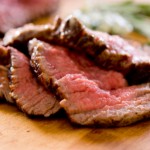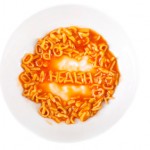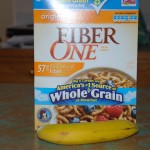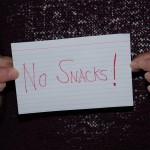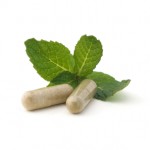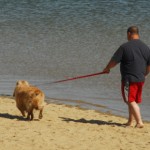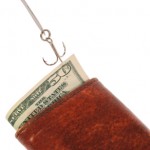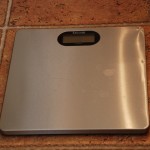Since the late 1990s when I invented a diet, or perhaps I should say an eating pattern, I've relied on one principal concept: Eat Less; Do More. I came upon this simple idea after listening to a group of medical professionals who were discussing which diet they should go on while they were simultaneously consuming huge portions at our hospital cafeteria.
One of them, I recalled, had tried a high-carb, low-protein diet the past year; losing nearly twenty pounds, then regained it all and more in a few months. Now she was going to attempt to lose twenty-five pounds with a different approach, this one with an emphasis on protein. I had seen weight-loss plans come and go and didn't believe any of them were the answer, at least not for everyone. I remember coming home and saying to my wife, "Lynn, I've invented a new diet"
I explained it was simply, "Never finish anything; No snacks between (meals); Nothing after eight." I added, "Get lots of exercise."
I lost the seven pounds I had gained on a two-week vacation and didn't need my strategy again until early in 2009. Then I weighed 177 one morning, up three pounds from my normal weight since 1991. I attributed that to eating out four times in the prior week. But when I tried on a pair of good suit slacks, I realized the weight hadn't changed much, but the distribution sure had.
I went back to my eating plan, lost five pounds easily, then coasted a while before resuming the diet. Lynn bought me a digital scale and I weighed myself daily. I also started going to our gym six days a week. Eventually I shed thirty pounds and five inches off my waistline. At 147 pounds I was twenty-five under my usual high school weight. This morning, nearly two years later, I weighed 148.
I allow myself a three-pound zone of weight fluctuation, thinking that would account for fluid shifts and the occasional big splurge. Whenever I exceed 150 pounds I go back on my plan.
Then I read a Wall Street Journal article titled "New Ways Calories Can Add Up to Weight Gain: Study Challenges Idea That Varying Amounts Of Fat, Protein and Carbohydrates Are Key to Weight Loss." It quoted the Journal of the American Medical Association, AKA: JAMA. I went online and found the JAMA article and an accompanying editorial.
I read both pieces in detail, even finding a wild typo, "...their diets were returned to baseline energy levels and diet compositions (15% from protein, 35% from fat and 60% from carbohydrate)." I called the AMA and suggested they correct the numbers since they added to 110%.
But the basic premise of the study's data intrigued me. It's something I've believed for years, calories count, as opposed to what form those calories come in. But there's one extra facet: low-protein diets can be dangerous.
I'll analyze that in detail in my next post.

